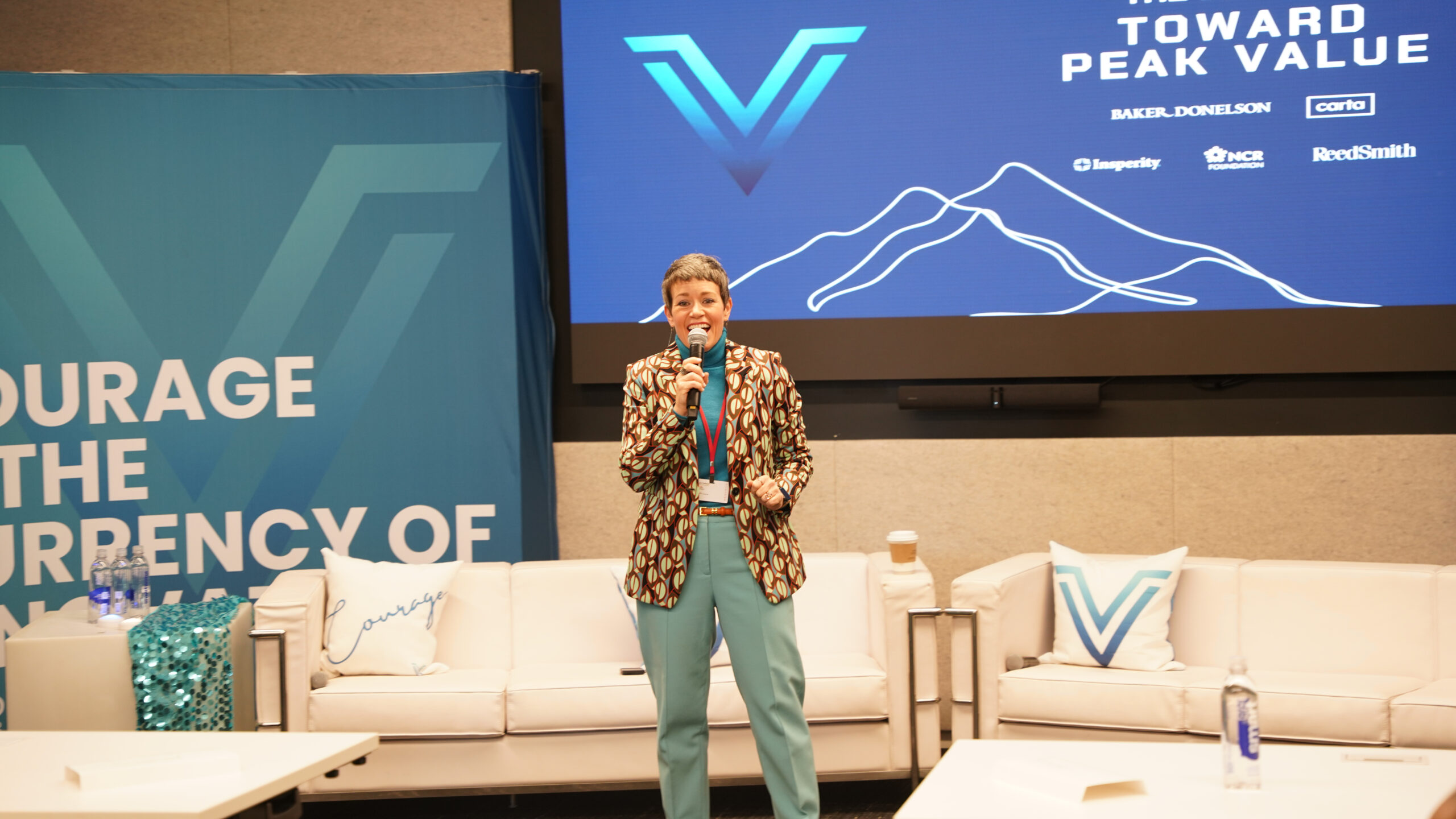The cruelest lies are the ones we tell ourselves.
You know the biggest lie we keep telling ourselves in the emerging Georgia and Southern venture capital ecosystem? That we need big deals to happen before we’re “ready.” Then, we nervously consult the list of big deals already done, from the most recent as I write this, PrizePicks, to Mailchimp, to other recent multi-billion dollar outcomes all across the ecosystem–and we shiver, and think, nope “just not enough yet.”
The truth is, it was already more than enough. That there is a certain “exit size” that anoints an ecosystem as “ready” is a lie others want us to believe—coastal investors, out-of-state consultants, and those who lack the courage VC requires. In other words, it serves them, not us who make our home in this region.
In fact, the truth is this:
There never was a “chicken-and-egg problem” between which came first, the venture capital or the great entrepreneurs.
I hope this truth does what truth can do, and sets you free of the idea that “our exits are not enough.” The clear history of VC, which the Kauffman Fellows program first read me in on, shows the capital came first. Three examples:
1. J.H. Whitney & Company, founded in 1946 by John Hay “Jock” Whitney, a wealthy financier and philanthropist, raised millions of private family money to back unproven ideas in a postwar world that barely had a name for “venture capital.” Their first big swing? Turning a munitions factory into a fertilizer business—and later investing in a small citrus company called Florida Foods, which invented Minute Maid orange juice and went on to sell to Coca-Cola (source).
2. At the same moment, another wealthy industrialist, Laurance Rockefeller, launched what became Venrock, the Rockefeller family’s venture arm. Venrock invested in frontier technologies long before “tech” was an industry—electronics, optics, and computing—and later backed companies like Intel and Apple (source).
3. And then there was ARDC — American Research and Development Corporation, led by MIT professor and WW II general Georges Doriot. Founded in 1946, it was the first VC firm to raise capital from outside investors. ARDC’s landmark deal was a $70,000 investment in a small computer company called Digital Equipment Corporation. When DEC went public in 1968, that stake returned over 5,000× (source).
Do you think VC hype is a “new” thing and we are “over sizzling” the opportunity today?
These are the high-risk, high-reward-potential realities that inspire me today at Valor, the South’s pure-play seed lead VC.
ASIDE – By the way, how many billions in exits are we waiting for again?
Here are just a few to spark your courage–and free you further from the lies others are telling us.
| State | Company | Acquirer | Announced / Closed | Deal Value (USD) |
|---|---|---|---|---|
| Georgia | Mailchimp (Atlanta) | Intuit | 2021 / 2022 | ~$12B |
| Georgia | GreenSky (Atlanta) | Goldman Sachs | 2021 / 2022 | ~$2.24B |
| Georgia | Paya (Atlanta) | Nuvei | 2023 | ~$1.3B |
| Georgia | Veritiv (Sandy Springs) | Clayton Dubilier & Rice | 2023 | ~$2.6B |
| Georgia | PrizePicks (Atlanta) | Allwyn International | 2025 / 2026 (expected) | ~$2.5B |
| Florida | Black Knight (Jacksonville) | Intercontinental Exchange | 2023 | ~$11.9B |
| Florida | Citrix Systems (Fort Lauderdale) | Vista Equity & Elliott Management (Evergreen) | 2022 | ~$16.5B |
| Florida | Ultimate Software (Weston) | Hellman & Friedman et al. | 2019 | ~$11B |
| North Carolina | Red Hat (Raleigh) | IBM | 2018 / 2019 | ~$34B |
| North Carolina | PRA Health Sciences (Raleigh) | ICON plc | 2021 | ~$12B |
At Valor, we’re embracing the opportunity that comes with being a pure play seed-stage lead investor in the South.
In our pipeline—over 2,000 seed opportunities reviewed in the last year—I can assure you, the problem is not with entrepreneurs’ ideas. It’s with the scale of the capital infrastructure here to support them. Let’s spread the freedom and possibility that come from sharing truth and acting with courage. Let’s build a better ecosystem in this economically booming region that’s still painfully undercapitalized because of how we allow lies to lower our skies.
The Atlanta Ventures sticker on my lap top says Dream Bigger--yes, and–let’s also do.
If this made you think, please share this post with someone else who needs to see it.
Yours in courage,
-Lisa

